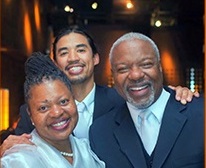June is African-American Music Appreciation Month and AMN celebrates that Black music is the foundational American music. The centuries-old tradition of singing spirituals has imbued our culture with its fundamental musical character, spreading into the blues and jazz of the early 20th century and beyond, to inspire folk songs, protest songs, and popular music of all kinds. African-American music also excited classical music composers like Dvořák and Debussy, not to mention our home-grown classical artists like Gershwin and Bernstein, inspiring them to incorporate the melodies and rhythmic ideas of Black music into the broad European tradition.
So should all Americans, and non-Americans, too, be able to learn this music and participate with joy in singing spirituals? It seems simple—and yet…
Some of us feel sensitive about these boundaries, and personally I don’t want to misstep. Does it appropriate someone else’s culture to love singing this music? Can those of us outside the tradition join with our fellow Americans in this fundamentally joyous experience without taking anything away from the personal histories of the enslaved people and their descendants who created this music?
I stopped by the rehearsal for AMN’s Song Circle session featuring Cary Sheldon and Dr. Candace Y. Johnson, and I got to hear them running through the traditional spirituals that we’ll be singing on June 7, and also at AMN’s 3rd annual Juneteenth Choral Celebration on June 19.
We took a quick break to talk for a moment about spirituals, our deep connections to this music, and how we can honor this musical tradition with humility and respect, and with the joy and love that it naturally brings.
Enjoy this engaging conversation that affirms our love for the music and for singing it together!
Soprano Candace Y. Johnson, DMA, has been on the voice faculty at the University of California-Berkeley since 2009, teaching applied voice classes and a musicology course she designed based on her research and performance of works by African-American composers.
Lolly Lewis is the founder of Amateur Music Network.
June 2023 events with Amateur Music Network
June 7: First Wednesdays Song Circle with Cary Sheldon
June 19: Juneteenth Choral Celebration with Candace Johnson and Kev Choice
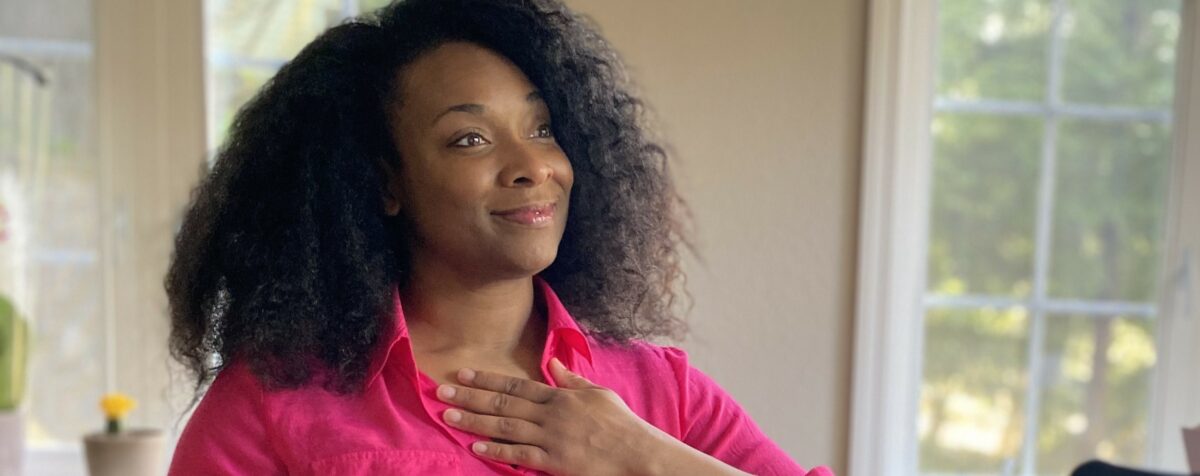
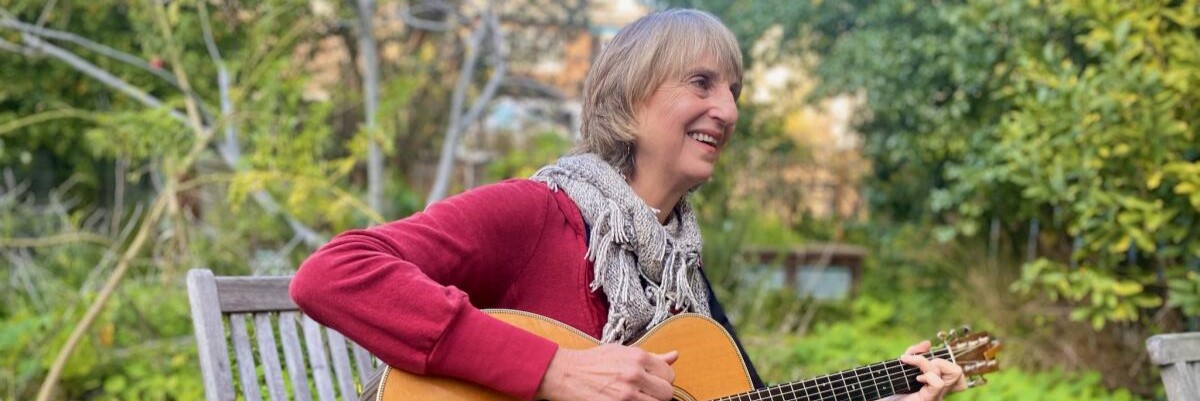
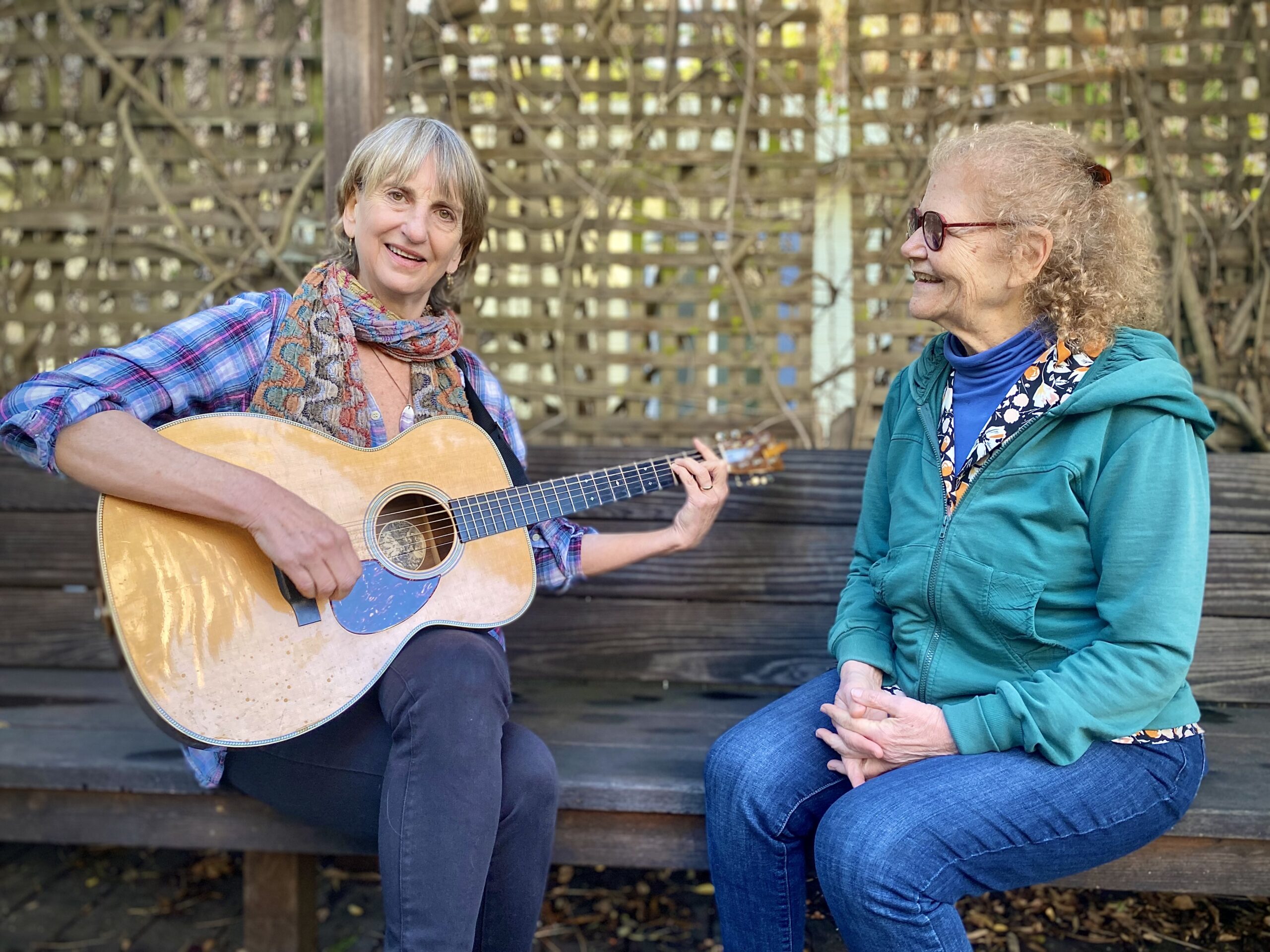 Old friends are the best! AMN’s Lolly Lewis and her long-time pal Cary Sheldon are thrilled to be collaborating on Song Circle, the new online sing-along event premiering Wednesday, March 1, and returning the first Wednesday of April, May, and June.
Old friends are the best! AMN’s Lolly Lewis and her long-time pal Cary Sheldon are thrilled to be collaborating on Song Circle, the new online sing-along event premiering Wednesday, March 1, and returning the first Wednesday of April, May, and June.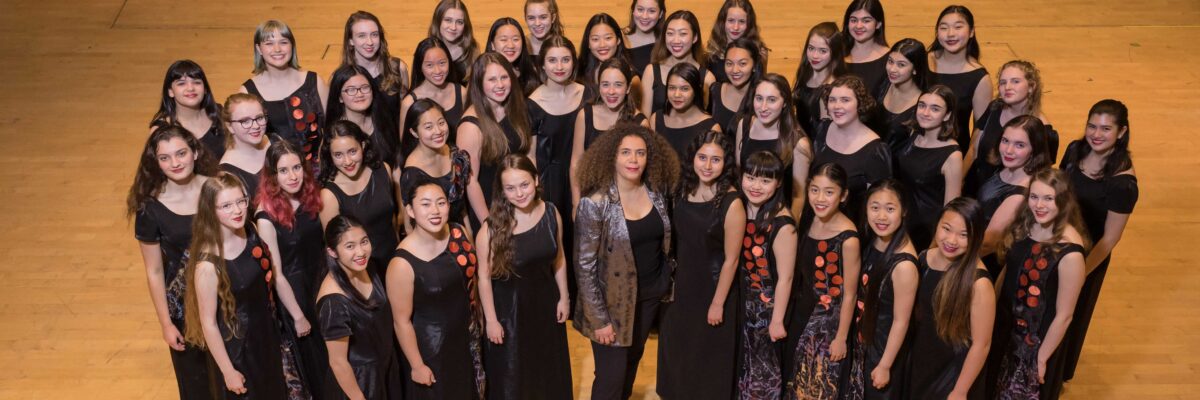
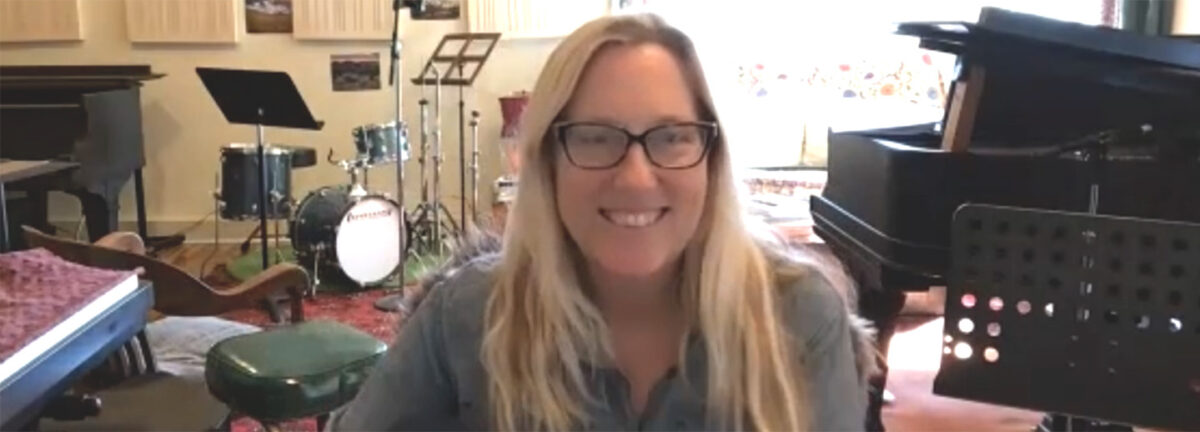
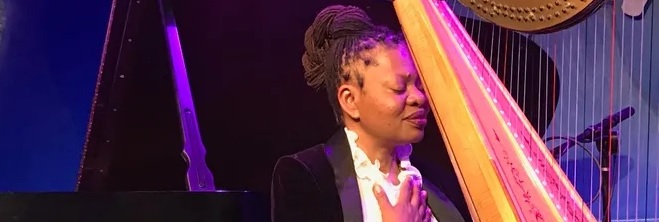
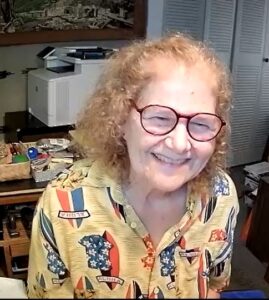 Lolly Lewis: I’m so excited about our workshop. You know, it’s been a year since you did that wonderful
Lolly Lewis: I’m so excited about our workshop. You know, it’s been a year since you did that wonderful 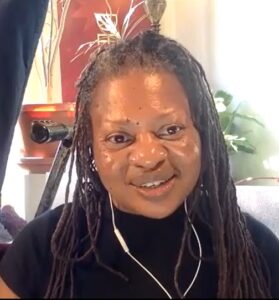 DM: I keep going back to the fundamentals. I can’t speak for everyone else but for me, the fundamentals have always been my launchpad. And when I have those and I feel them, not just in my hands but circulating throughout my DNA, then I feel like I can go anywhere with the music. And so I love the fundamentals. I just keep coming back to those ABCs of jazz.
DM: I keep going back to the fundamentals. I can’t speak for everyone else but for me, the fundamentals have always been my launchpad. And when I have those and I feel them, not just in my hands but circulating throughout my DNA, then I feel like I can go anywhere with the music. And so I love the fundamentals. I just keep coming back to those ABCs of jazz.